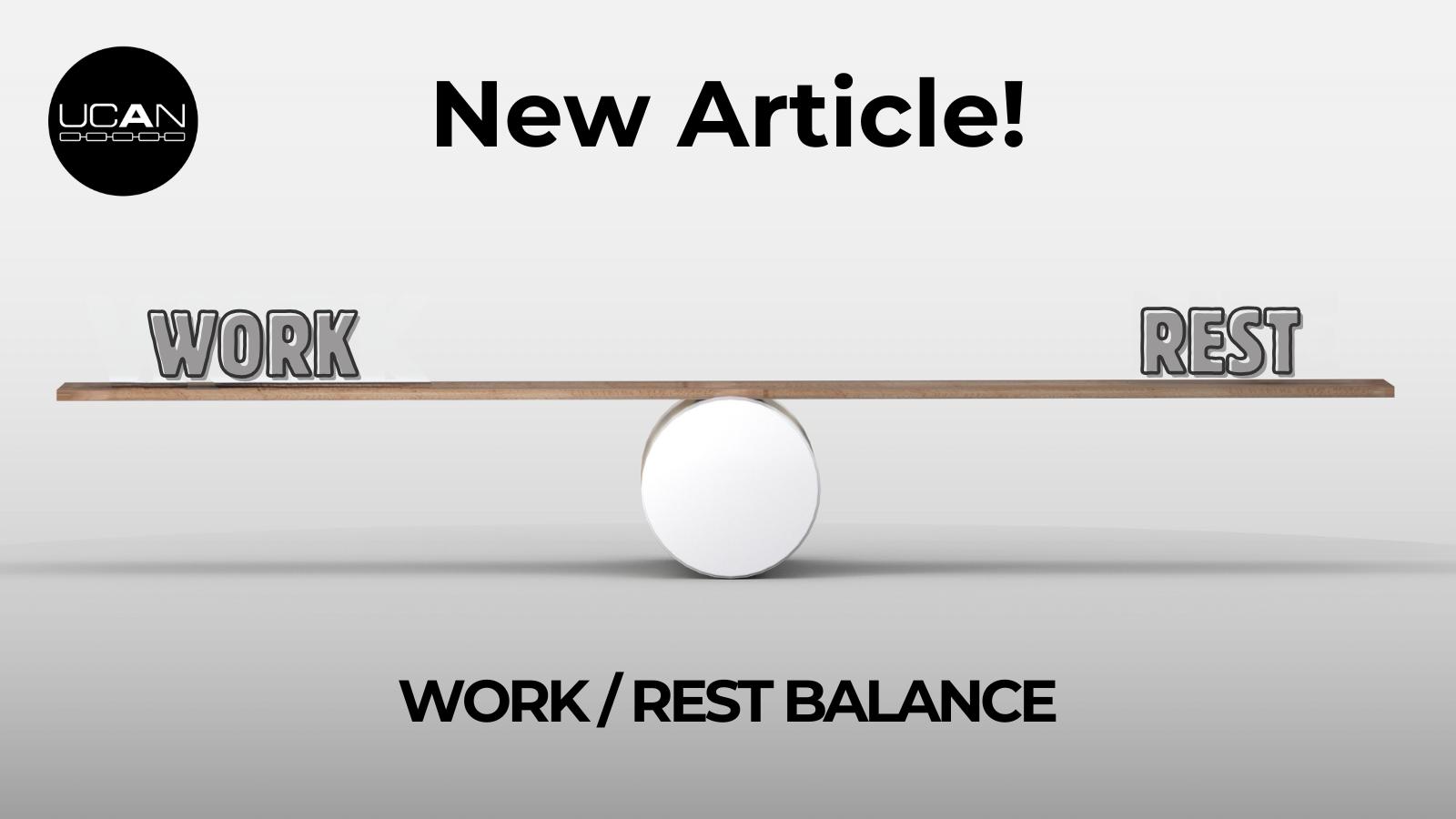"I know you are not working today … but can I just ask you [insert the question here]…?"
I'm sure this scenario is familiar to you! It's coffee time after church and you are having a nice conversation with a mate, when out of the corner of your eye you spot Flossie heading towards you like a guided missile, a notebook in hand, covered with scribbles. She has you in her sights, list at the ready. What's your standard response? I know what mine is "I'm so sorry Flossie, I'm not working today. Can you email me and I'll pick it up when I'm in the office tomorrow."
That's not an unreasonable response is it? But let's take a step back and ask what's behind this response...and is it right?
Well firstly, it's probably just a fact. Unlike the clergy, ministers and pastoral staff, most of us, I guess, are not employed to work on a Sunday. Yes, we might spend Sunday at our place of employment, but that doesn't mean we are working. That's something we do Monday to Friday 9-5 and something we get paid for. Sundays are our worship time and for most of us, it's important to keep a distinction between work and worship.
And there's a good biblical precedent for this – isn't there? After all, it's there in the ten commandments. "Remember the Sabbath day by keeping it holy. Six days you shall labour and do all your work, but the seventh day is a sabbath to the Lord your God. On it you shall not do any work… For in six days the Lord made the heavens and the earth, the sea, and all that is in them, but he rested on the seventh day. Therefore the Lord blessed the Sabbath day and made it holy." (Exodus 20:8-11)
And in the Old Testament there were severe consequences for breaking the sabbath rules. Read Numbers 15:32-36 if you are not sure about this. It doesn't end well for this unfortunate chap.
So, surely our response to Flossie is just biblical. Sunday is our sabbath and we are in church to worship. We are not there to work. Also if you are anything like me, you will have forgotten everything Flossie tells you by the time Monday morning comes round anyway!
However, I wonder if there's another reason for our reaction. One that is not so much a biblical answer but instead draws on the wisdom of our prevailing culture. Maybe we are protecting our Work / Life Balance?
A healthy Work / Life balance is a hot topic at the moment. As work becomes more pressured and consuming, and our awareness of the impact work has on our mental health grows, we are all encouraged to have a healthy Work / Life balance.
Have you ever stopped to ask what Work / Life balance actually means? After all, at face value it suggests that on the one hand there is "work" – something that's hard, tedious, a necessary evil to survive...and then on the other hand there is "life" – all the good bits of living that exist outside work. And to achieve a Work / Life balance we somehow have to keep these two in opposition to each other.
But is this true? Think about Jesus for a minute and ask this question: How was His Work / Life Balance?
He certainly had a laisse fair attitude towards the sabbath, regularly breaking the religious laws of His day to perform miracles. In Mark chapter two, where the Pharisees catch Jesus' disciples picking grain on the sabbath, He simply replies "The Sabbath was made for man, not man for the Sabbath. So the Son of Man is Lord even of the Sabbath." (Mark 2:27b-28)
Now, of course, Jesus had a great Work / Rest balance. Or maybe rhythm is a better word for this. He regularly sought time away from the crowds and the disciples to be with His Father and to pray. But a Work / Life balance? I just don't see it!
In fact, Jesus confirms this, when in John 5:17 he says "My Father is always at His work to this very day, and I too am working."
St. Paul was the same. Read the book of Acts and it's like an Indiana Jones movie, where the action hardly seems to pause for breath. Imagine being on one of Paul's missionary journeys? Do you think they ever had a day off?!
So, I'm not sure we're supposed to strive to balance Work and Life. But if that's the case, what should out attitude to work be?
In Colossians chapter three, Paul is dealing with the thorny issue of how a slave should respond to his master. I wonder what the slave's Work / Life balance was like? Paul's response gives us a strong framework for placing work within the whole of our lives. He says "Whatever you do, work at it with all your heart, as working for the Lord, not for human masters, since you know that you will receive an inheritance from the Lord as a reward. It is the Lord Christ you are serving." (Colossians 3:23-34)
Paul reminds us that although human masters pay our wages, ultimately, we work for Jesus. And work and worship are not different things. For as Paul also says, in Romans 12:1, when we offer ourselves as living sacrifices this is our spiritual act of worship.
So do make sure you have a great Work / Rest balance and establish good rhythms around your work. But the next time you see Flossie heading your way and are tempted to say "I'm not working today", make sure you are doing so for the right reasons.
For you,
Mark Parsons
UCAN Director
We will be covering this topic further in our upcoming TAPAS Training - find out more via https://www.churchadministrators.net/events


